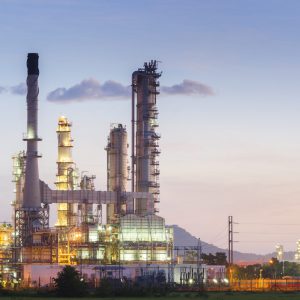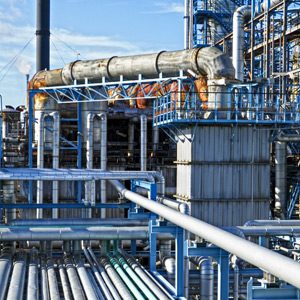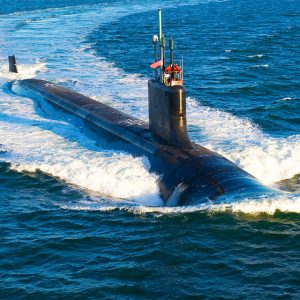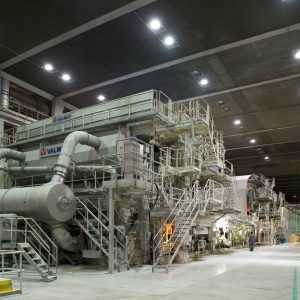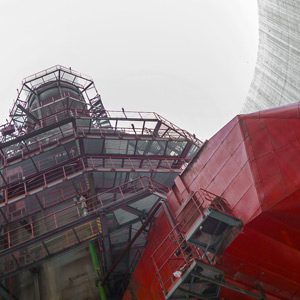Chemical Processing
Nickel-based alloys are the industry choice for high-temperature environments in chemical plants. Not only are they exposed to highly corrosive materials, but commonly at temperatures above 1000°F. They offer high corrosion resistance, metallurgical stability, weldability, strength, and toughness. Advances are constantly being made in the production of our nickel alloys. Because of this, their use in manufacturing technologies is constantly expanding across a wider range of applications.
Your choice of corrosion resistant alloys is optimized when developing equipment and even deciding on maintenance programs in your specific environment. Nickel alloys become an economical choice for the long term when long-term maintenance and risk are factored in.

